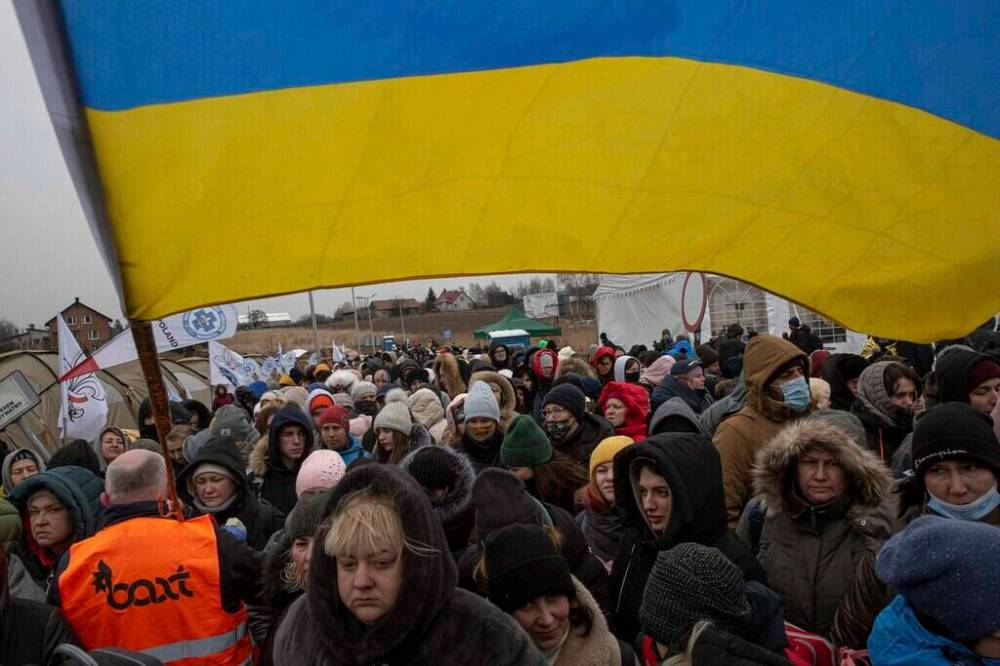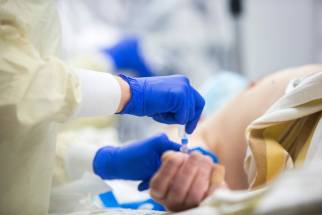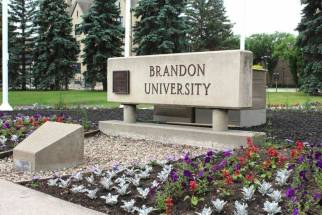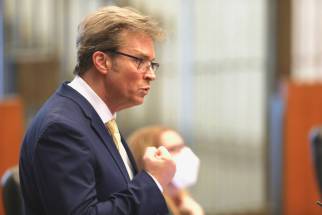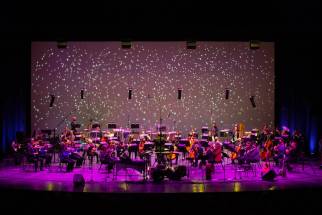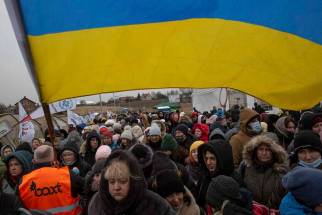Red-tape roadblock hobbles refugee effort
Read this article for free:
or
Already have an account? Log in here »
To continue reading, please subscribe:
Monthly Digital Subscription
$0 for the first 4 weeks*
- Enjoy unlimited reading on winnipegfreepress.com
- Read the E-Edition, our digital replica newspaper
- Access News Break, our award-winning app
- Play interactive puzzles
*No charge for 4 weeks then price increases to the regular rate of $19.00 plus GST every four weeks. Offer available to new and qualified returning subscribers only. Cancel any time.
Monthly Digital Subscription
$4.75/week*
- Enjoy unlimited reading on winnipegfreepress.com
- Read the E-Edition, our digital replica newspaper
- Access News Break, our award-winning app
- Play interactive puzzles
*Billed as $19 plus GST every four weeks. Cancel any time.
To continue reading, please subscribe:
Add Free Press access to your Brandon Sun subscription for only an additional
$1 for the first 4 weeks*
*Your next subscription payment will increase by $1.00 and you will be charged $16.99 plus GST for four weeks. After four weeks, your payment will increase to $23.99 plus GST every four weeks.
Read unlimited articles for free today:
or
Already have an account? Log in here »
Hey there, time traveller!
This article was published 27/04/2022 (1326 days ago), so information in it may no longer be current.
Premier Heather Stefanson says her private conversation with Prime Minister Justin Trudeau in Winnipeg last Friday included the topic of Ukraine. She said she asked the prime minister for more information about when, and how many, refugees from Ukraine will arrive in Manitoba.
Mr. Trudeau’s officials should know Ms. Stefanson is not the only Manitoban awaiting answers to these questions. People throughout this province are eager to offer sanctuary, having done the necessary work to ready a safe place for Ukrainians fleeing war. Unfortunately, a federal requirement for biometric scans has delayed the arrival of some.
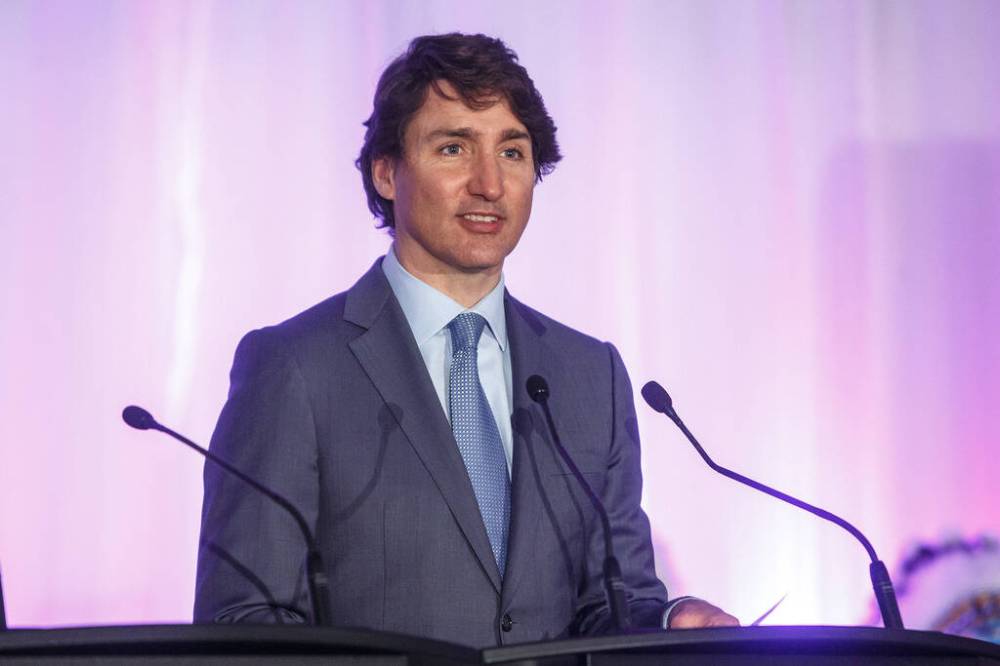
When Ukrainian refugees are finally allowed in, they will find Manitobans have already made extensive arrangements, such as proactively securing enrolment in bilingual Ukrainian-English schools, and spaces in day cares. So many Manitobans offered to host the refugees that the list was capped at 700 people.
All that’s missing is the arrival of the hundreds of displaced Ukrainians who have reached out about coming to Manitoba. Many are stuck in red-tape limbo, often because they can’t promptly get a biometric scan Canada requires from adults seeking emergency authorization to reach this country. Ukrainians trying to get the required procedure in countries such as Poland are finding appointments are now being made for June.
Without the scan – an identification method that records fingerprints and digital photographs – the refugees can’t experience the relief of coming down the escalator at Winnipeg Richardson International Airport and finding a warm welcome and secure refuge from war.
Some other countries are proving more agile than Canada at finding expedient ways to help the people fleeing the unjustifiable butchery of Russian President Vladimir Putin. Millions of refugees have received a doors-wide-open welcome from countries neighboring Ukraine – primarily Poland, but also Romania, Moldova, Slovakia and Hungary.
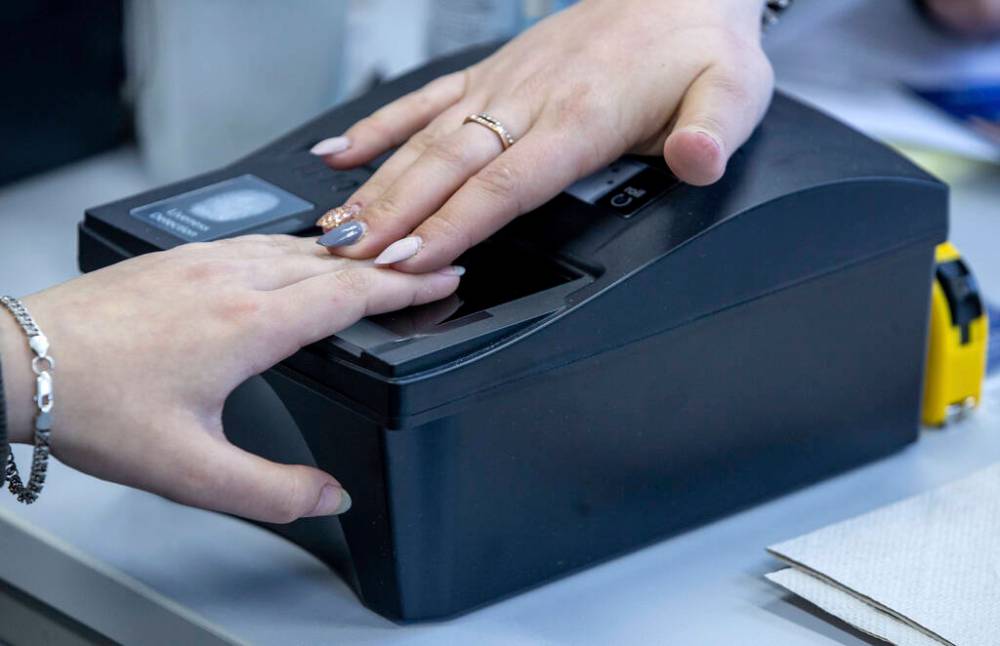
But countries not directly abutting Ukraine have also shown creative ways to help. Germany has accepted more than 100,000 Ukrainian refugees by offering free trains from Poland, with volunteers on board to help refugees arrange accommodation and explain how Germany will immediately give them the right to work and access to schools.
Ireland has lifted entry restrictions and welcomed more than 23,500 Ukranian refugees, giving them immediate access to the benefits of citizenship, including health services and social welfare.
Canada has also stretched immigration rules to reflect a compassionate response to what some have described as Russia’s attempted genocide of Ukrainians. Once in Canada, Ukrainian refugees are eligible for short-term income support and hotel accommodations for up to two weeks. They will also be offered work permits and temporary residency for up to three years as they apply for permanent residency status, if they choose.
Once in Canada, Ukrainian refugees are eligible for short-term income support and hotel accommodations for up to two weeks.
None of that can be accessed, however, until the adult applicants access biometric scans. It’s unfair to expect people fleeing a war zone to find a qualified biometric facility and wait weeks for an appointment while, as refugees on the run, they’re coping with unpredictable living circumstances.
If Canada is unwilling to waive biometric scans – immigration officials rely on this important security measure to identify and screen out criminals — Ottawa should consider taking over the responsibility to provide these scans to Ukranians after they arrive in Canada.
As the Canadian province with the highest proportion of residents with Ukrainian ancestry, Manitoba abounds with the Ukraine-friendly social infrastructure – language, schools, churches — to help refugees settle as easily as possible given the momentous disruption in their lives.
Many Manitobans have joined a volunteer network, showing they’re ready and willing to help Ukrainians in their time of tragedy. Ottawa can help by untangling the red-tape knot related to biometric scans.
